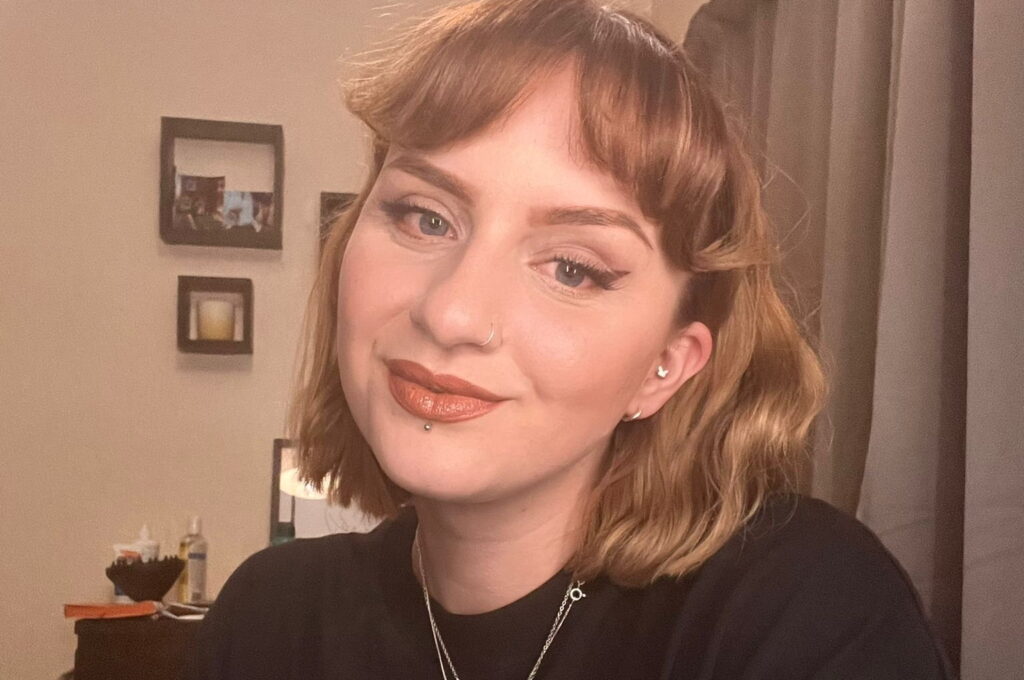Woman Suffers 'Stroke' Every Two Weeks from Rare Migraine Condition

A Life Changed by Rare Migraines
Leona Hargreaves, a 26-year-old dental nurse from Lincoln, has been living with a condition that affects only one in 10,000 people. Her rare migraines, known as hemiplegic migraines, cause stroke-like symptoms that can leave her temporarily paralyzed and unable to speak. These episodes occur roughly every two weeks, and Leona fears that one could eventually leave her needing a wheelchair permanently.
The first time she experienced these severe symptoms was during a workday in October 2024. She suddenly lost strength on her left side, couldn’t speak clearly, and lost vision in her left eye. Her husband, Sam, an aircraft technician, rushed her to Lincoln County Hospital, where doctors conducted blood tests and a CT scan. The results were normal, but she was eventually diagnosed with hemiplegic migraines.
Hemiplegic migraines are a rare form of migraine that can cause temporary paralysis, speech difficulties, and confusion. Unlike typical migraines, which usually last a day or two, these attacks can have a long-lasting impact. Leona describes the experience as feeling like a “hangover” that can last up to a week after the main headache subsides.
For years, Leona had suffered from common migraines, which she experienced from the ages of 13 to 16. She often had headaches along with blurred vision in her left eye. But at 16, her migraines stopped, and she went 10 years without any issues. However, in October 2024, everything changed when she suddenly lost vision in her left eye again.
At first, she thought it was just another common migraine, but soon she found herself unable to walk. Her left side became weak, and her speech was slurred. Colleagues tried to call an ambulance, but they were told it would take two hours. Instead, they contacted her husband, who took her to the hospital immediately.
Upon arrival, Leona underwent a series of tests, including an MRI and blood work, all of which came back normal. She was finally diagnosed with hemiplegic migraines and was told she would receive more information about treatment later.
Since then, Leona has sought help from the National Migraine Centre in London, hoping to reduce her waiting time for care. Despite this, the stroke-like symptoms continue, occurring every two to three weeks and lasting several days. These episodes leave her with muscle weakness and mobility issues, forcing her to use a walking stick during and after each attack.
Leona says the condition has significantly impacted her independence. She is no longer able to work full-time and struggles to maintain social connections. “I feel like getting the walking stick means I’ve admitted defeat a little bit,” she said. “But I guess it does mean I can go out and not always have to cancel plans.”
Her treatment options include anti-epilepsy medication, Botox injections, and a drug called Vydura, which is used to manage migraine symptoms. Leona is currently starting on Vydura, hoping it will help reduce the frequency and severity of her attacks.
Despite the challenges, Leona remains determined to manage her condition and live as independently as possible. She continues to work part-time and is actively seeking ways to improve her quality of life. Her story highlights the importance of awareness and research into rare conditions like hemiplegic migraines, which affect millions of people worldwide but remain underdiagnosed and misunderstood.
Post a Comment for "Woman Suffers 'Stroke' Every Two Weeks from Rare Migraine Condition"
Post a Comment